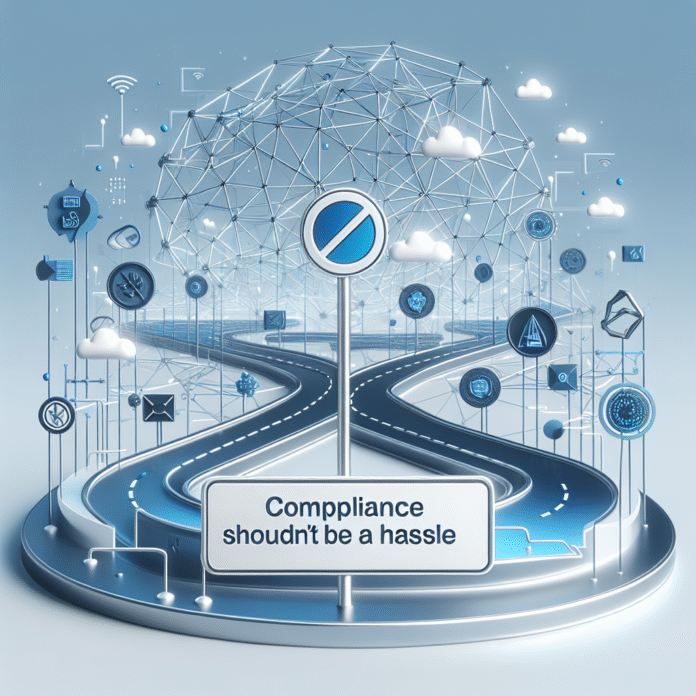Compliance Shouldn’t Be a Burden For Web3 Payments
CCN.com
Compliance Shouldn’t Be a Burden For Web3 Payments
In the rapidly evolving landscape of Web3, compliance with regulatory frameworks is often viewed as a daunting task. However, it is imperative that businesses in the decentralized finance (DeFi) and blockchain sectors address compliance proactively, rather than treating it as an afterthought or a burden.
The Importance of Compliance in Web3
As the cryptocurrency and blockchain industries mature, regulatory scrutiny has intensified. Governments worldwide are implementing guidelines to ensure that digital assets are not used for illicit activities such as money laundering or fraud. For Web3 businesses, adhering to these regulations not only fosters trust but also establishes legitimacy in the eyes of both users and investors.
Compliance isn’t just about avoiding penalties; it can also be a competitive advantage. Companies that prioritize compliance can differentiate themselves in a crowded market, attracting users who prioritize security and transparency.
Streamlined Compliance Processes
To alleviate the challenges of compliance, Web3 payment platforms can adopt streamlined processes using automated tools and technologies. Solutions such as Know Your Customer (KYC) and Anti-Money Laundering (AML) protocols can be integrated into the payment systems, allowing for real-time monitoring and reporting. This not only simplifies compliance but also enhances the user experience by reducing friction during the onboarding process.
Moreover, leveraging blockchain technology itself can aid in compliance efforts. The transparent and immutable nature of blockchain can provide verifiable records that are crucial for audits and regulatory reviews. By utilizing smart contracts, businesses can automate compliance checks and ensure that transactions meet regulatory standards without manual intervention.
The Role of Education and Collaboration
Education plays a vital role in ensuring that Web3 companies understand their compliance obligations. Many startups lack the resources or expertise to navigate the complex regulatory landscape. Industry organizations and partnerships can provide valuable resources, workshops, and guidance to help businesses stay informed about evolving regulations.
Additionally, collaboration among industry players can lead to the development of best practices and standardization in compliance. By working together, Web3 companies can create a unified approach to compliance that benefits the entire ecosystem.
Future of Compliance in Web3
As the Web3 landscape continues to grow, the regulatory environment will likely evolve alongside it. Companies must remain agile and ready to adapt to new regulations as they arise. The future of compliance in Web3 should focus on fostering innovation while ensuring that the industry adheres to necessary legal frameworks.
In conclusion, while compliance may initially seem like a burden for Web3 payment systems, it can be transformed into an integral part of business strategy. By embracing technology, prioritizing education, and fostering collaboration, Web3 companies can navigate the compliance landscape effectively, paving the way for a sustainable and trusted ecosystem.


